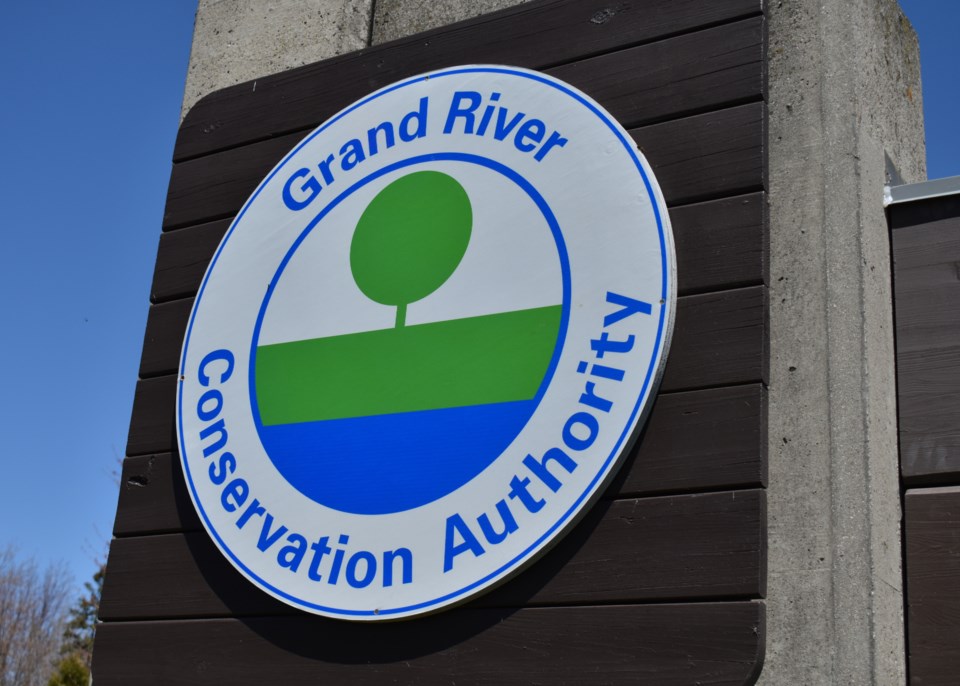One Grand River Conservation Authority board member didn't mince words Friday when discussing Bill 23.
"The sky is falling," said Dan Lawrence after an update on Bill 23 from the GRCA's CEO.
Lawrence, representing Haldimand and Norfolk Counties, expressed his anxiety with the changes being developed through Bill 23 and Ford’s government as well.
“As an elected official, second term now in Haldimand, this Bill 23 is, I don’t like to say and want to remain optimistic, but to me the sky is falling with regard what the Ford government is trying to do here,” Lawrence said.
But GRCA chair Chris White outlined the path forward and how to process the changes of Bill 23.
"We all have to keep our eyes on the ball," White advised.
GRCA board member Kevin Davis, representing the County of Brant, previously talked to other mayors and realized there is no getting rid of Bill 23.
“There was zero chance of being able to convince the government to repeal this legislation,” Davis said.
Davis’s suggested plan is to pick a few problematic aspects of Bill 23 and focus as much lobbying as possible on those aspects for more acceptable outcomes.
“And so we determined that the better focus is try and select three areas that are critical for your organization, your group and really do intense lobbying on that and that likely will generate some results,” Davis said.
White, mayor of Guelph/Eramosa, outlined the GRCA path forward and how, in a very general sense, they would react to Bill 23.
“This ship has sailed, right. They have passed this legislation. So we’re going to have to make the best of it as we can in a very professional and you know cooperative manner to try to get changes as best we can,” White said.
White then broke down the nature of the problem the GRCA faces in Bill 23. The bigger issue is how to have desirable consequences as the legislation is implemented within the community.
“Part of the difficulty with these things and what we try to emphasize at a very high level is whenever you make these huge changes to legislation it can sound good when you’re making the points but at the end of the day it’s the implementation,” White said.
This situation got White thinking back to the regulations that emerged from the Walkerton crisis.
“I don’t know if anybody was around for the Walkerton water scenario where they brought in the initial O’Connor results,” White said.
The point being that it took White and others with the Rural Ontario Municipal Association (ROMA) an extended period of time to properly implement the regulations and arrive at an acceptable water supply setup.
“And at ROMA we fought that probably three and a half years to get that a more reasonable approach to municipal water systems and so forth,” White said.
White’s plan is for everyone to remain focused and push through the overwhelming amount of legislative changes.
“So we all have to keep our eyes on the ball. But I think that a lot of this has been pushed through and we’re gonna have to see how it weighs out and it’s a big, big job for the staff, right. So they’re doing a good job,” White said.
Jesse Gault is the Local Journalism Initiative reporter for GuelphToday. LJI is a federally-funded program.






